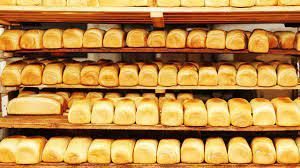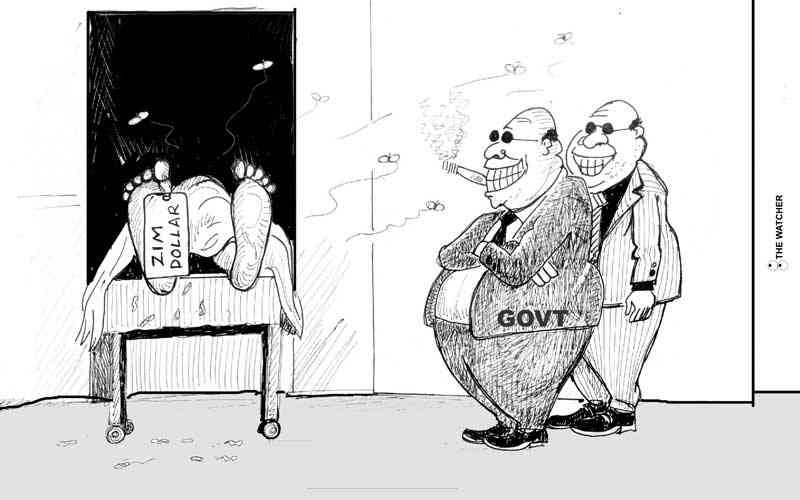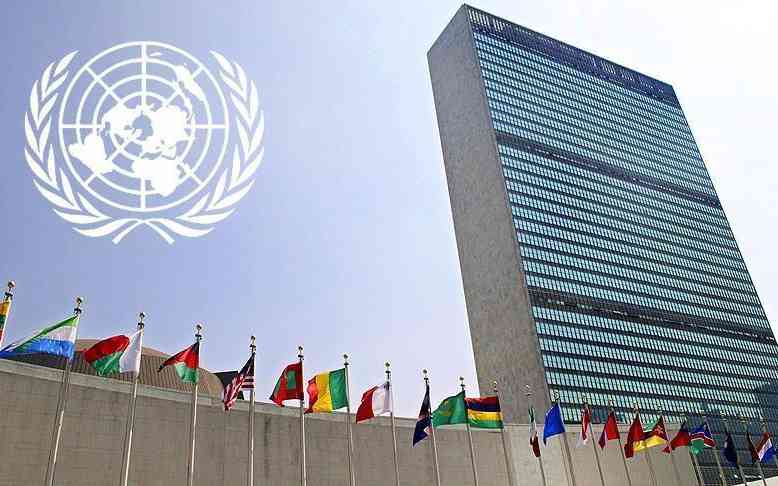
BY METHEMBE SIBANDA THE price of flour has gone up by 6.5% from $112 000 to $119 000 per metric ton, a situation that also pushed the price of bread up by 15% from $175 to $210.
Grain Millers Association of Zimbabwe chairman Tafadzwa Musarara on Tuesday said the new flour prices were effective from January 9, 2022.
Musarara said the price hikes were caused by the upward trend in the exchange rate on the auction system, as well as the increase in fuel prices.
“The price movement has been occasioned by the upward movement rate on the auction since our last review, increase in fuel, maintenance and running costs, increases in use of substitute\alternative sources of power due to intermittent Zesa supplies, increases in costs of labour, and increases in the price of imported blending wheat,” read the GMAZ statement.
Musarara also said GMAZ is currently working on its wheat contracting program, which will implement the government’s Command Wheat Program.
“The milling industry has remained sensitive to the plight of consumers, as aggregate demand is low at this time of the year. The successful 2021 Command Winter Wheat program has been critical in stabilizing supplies and prices of bread flour and other related products, especially this past festive season.
“GMAZ is currently working to increase its wheat contracting program in the forthcoming 2022 winter wheat season, which will complement governments’ Command Wheat Program,” he said.
Consumer Council of Zimbabwe (CCZ) acting director Rosemary Mpofu said despite the increases in floor prices, the recent hike in the price of bread was too high and unjustified at a time when consumers are grappling with price increases of several other products.
- Chamisa under fire over US$120K donation
- Mavhunga puts DeMbare into Chibuku quarterfinals
- Pension funds bet on Cabora Bassa oilfields
- Councils defy govt fire tender directive
Keep Reading
“We are saying that the 15% increase in bread prices is too high. At the beginning of this year, people were complaining about increases in the price of stationery, uniforms and school fees.
“The three major bakers in the country, Bakers Inn, Proton and Lobels all increased bread prices, but their overheads are not the same. Prices should show that suppliers are competing. What it means is that they are not competing and they do not care about consumers,” Mpofu said.
She said the hike in bread prices cannot be justified by issues of shortages of foreign currency that are being raised by bakers as they get their forex allocations from the Reserve Bank of Zimbabwe auction floor.
“Why is it that their pricing is following the black market rate when they get United States dollars at a cheaper rate? The price of USD$1 at the black market is $201, and therefore using the RBZ exchange rates, bread should cost at least $150, yet it has gone up to $201 per loaf. “
Mpofu said this has clearly shown the nation that bakers are using the black market rate for bread prices, which is unacceptable.











